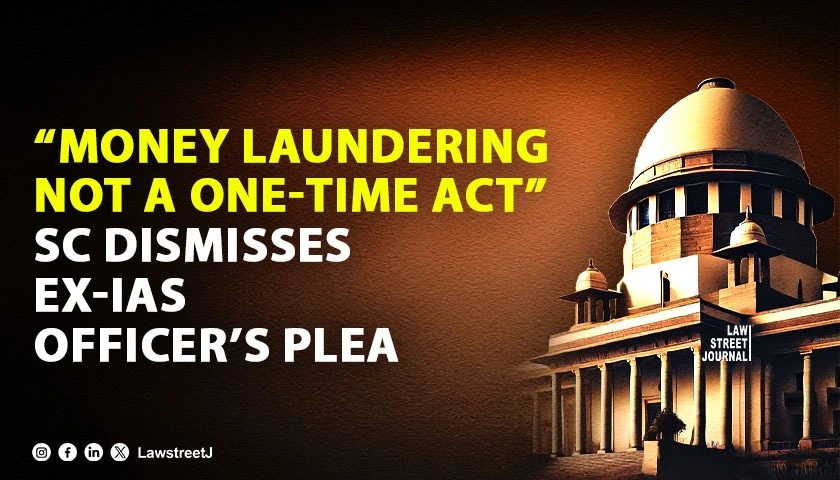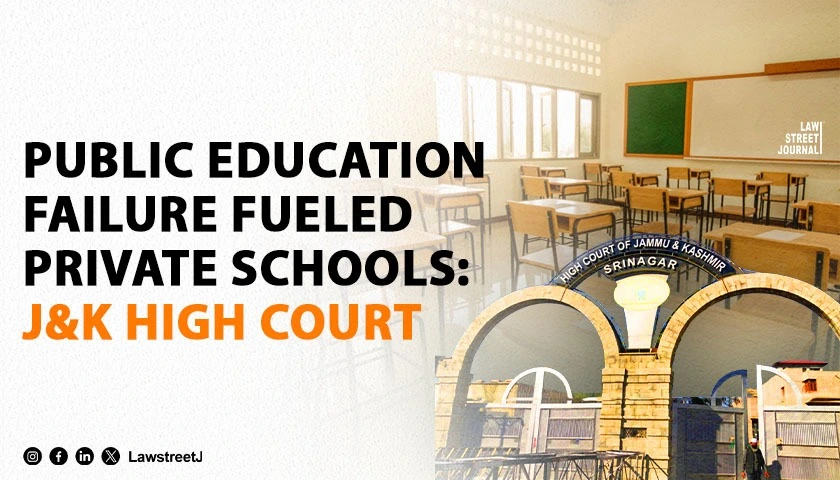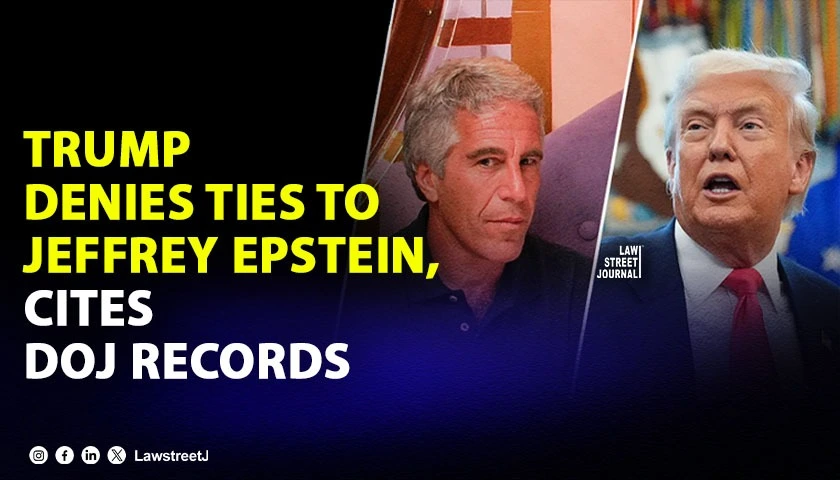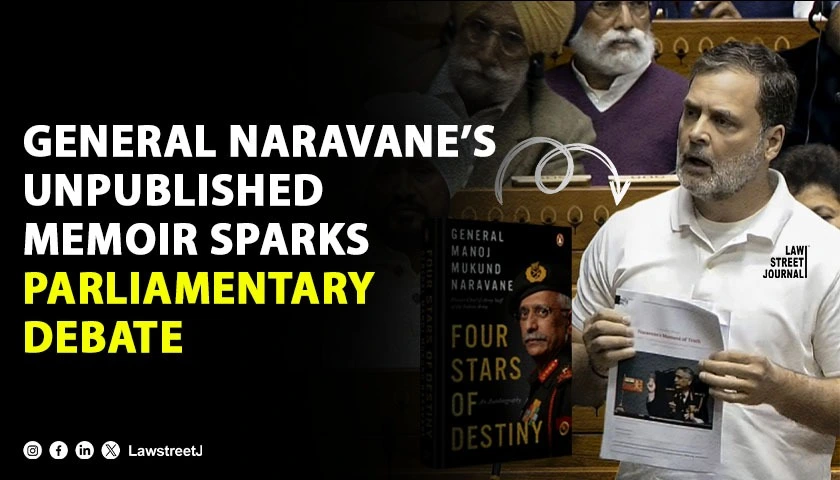NEW DELHI: The Supreme Court has said money laundering is not a static event but an ongoing activity, as long as illicit gains are possessed, projected as legitimate, or reintroduced into the economy.
SC Rules Money Laundering Is a Continuing Offence, Dismisses Ex-IAS Officer’s Plea
In its judgment on March 17, 2025, a bench of Justices Vikram Nath and Prasanna B Varale noted the legal framework under the PMLA served as a crucial mechanism to ensure that individuals involved in laundering proceeds of crime are brought to justice and that economic offences do not go unpunished.
The court said the determination of the amount involved in a money laundering offence is not to be viewed in isolation but in the context of the overall financial trail and associated transactions and the totality of the evidence must be assessed, which is a matter of trial.
Supreme Court Upholds PMLA Provisions in Money Laundering Case Against Ex-IAS Officer
The court dismissed a plea by ex IAS officer Pradeep N Sharma against the Gujarat High Court's order of March 14, 2023 rejecting his plea against the trial court's order of refusing to discharge him in a case lodged by the Enforcement Directorate.
It said discharging the appellant at this stage would be premature and contrary to the principles governing the prosecution in money laundering cases.
"Given the severe and grave nature of the allegations against the appellant, it is imperative that he must undergo thorough judicial scrutiny during trial. A proper trial is necessary to unearth the full extent of the offence, to evaluate the evidence produced by the appellant, to analyse the complete chain of final transactions, and find out the veracity of the severe allegations and the amount of proceeds of crime," the bench said.
The petitioner was accused of approving large-scale land allotments in 2004 and 2005 to private companies and individuals, exceeding his authorised power during his tenure as the Collector at Bhuj and Rajkot. He was alleged to have approved the conversion of land use from agricultural to industrial to unduly benefit certain persons, and facilitated land allotments at below-market rates, causing notional losses to the exchequer.
He claimed the alleged acts do not constitute an offence under the PMLA as it was not in force during the relevant period, or the predicate offences as alleged were not included in the schedule to the law at the relevant time. He argued that these instances do not constitute continuing offences.
The court, however, pointed out the misuse of power and position by the appellant, coupled with the alleged utilisation and concealment of proceeds of crime, which has had an enduring impact.
"The act of laundering money is not a one-time occurrence but rather a process that continues so long as the benefits derived from criminal activity remain in circulation within the financial system or are being actively utilised by the accused," the bench said.
The bench said even though the issue of retrospective application of the PMLA is pending adjudication before this court, the reliance by Solicitor General Tushar Mehta on behalf of the respondent ED on the observation made in 'Vijay Madanlal Chaudhary and others Vs Union of India' (2023) cannot be said to be misplaced.
In the case, the court noted, the financial trail indicated that the aggregated value of assets derived from the alleged criminal activity is well beyond the prescribed limit of Rs 30 lakh.
"The PMLA was enacted to combat the menace of money laundering and to curb the use of proceeds of crime in the formal economy. Given the evolving complexity of financial crimes, courts must adopt a strict approach in matters concerning economic offences to ensure that perpetrators do not exploit procedural loopholes to evade justice," the bench said.

















